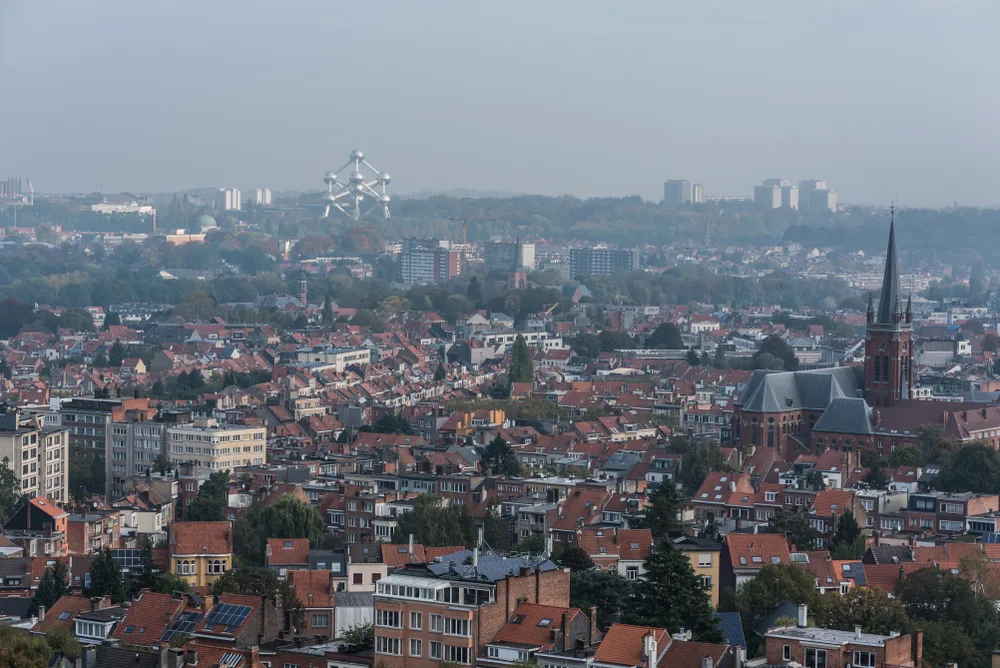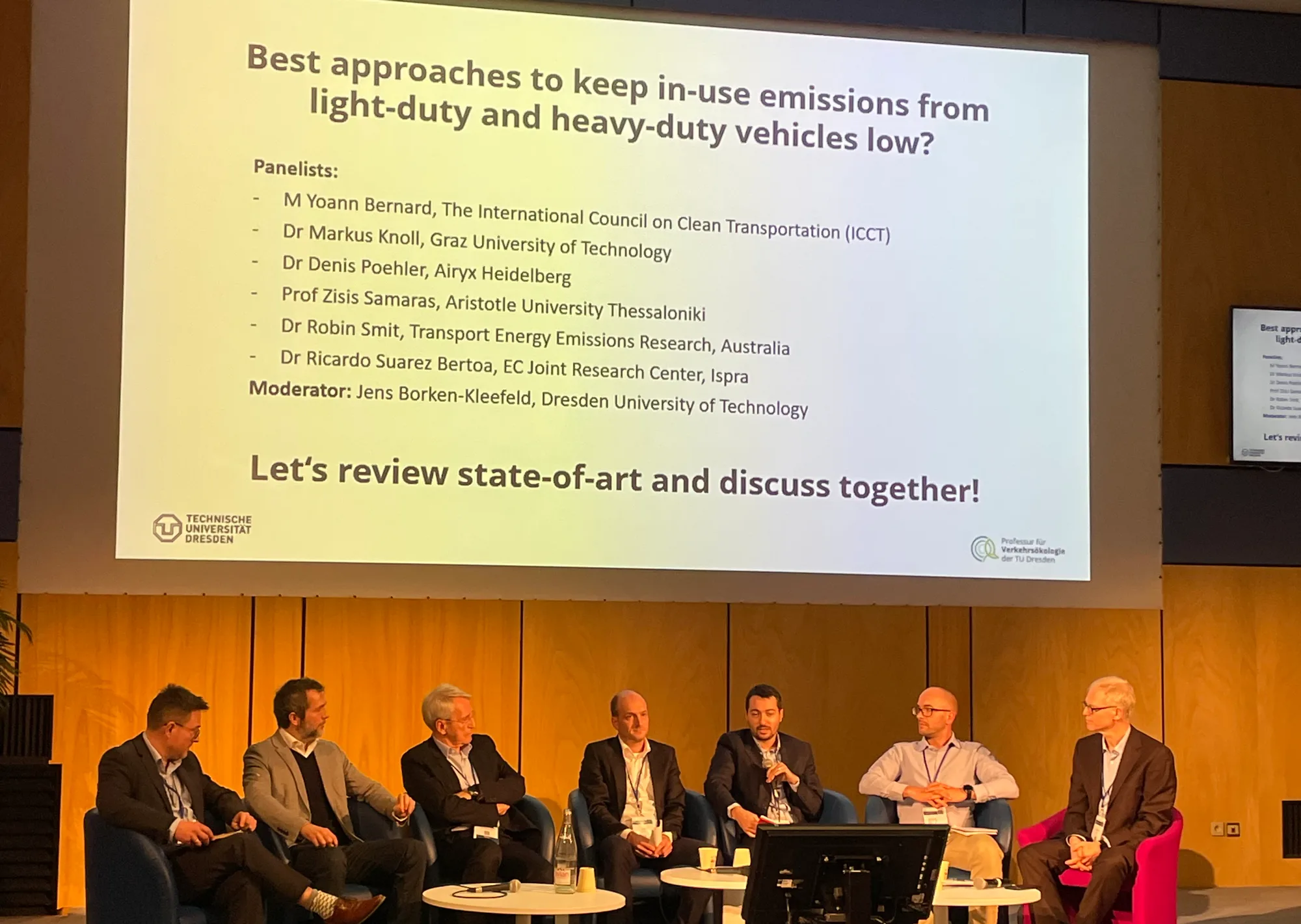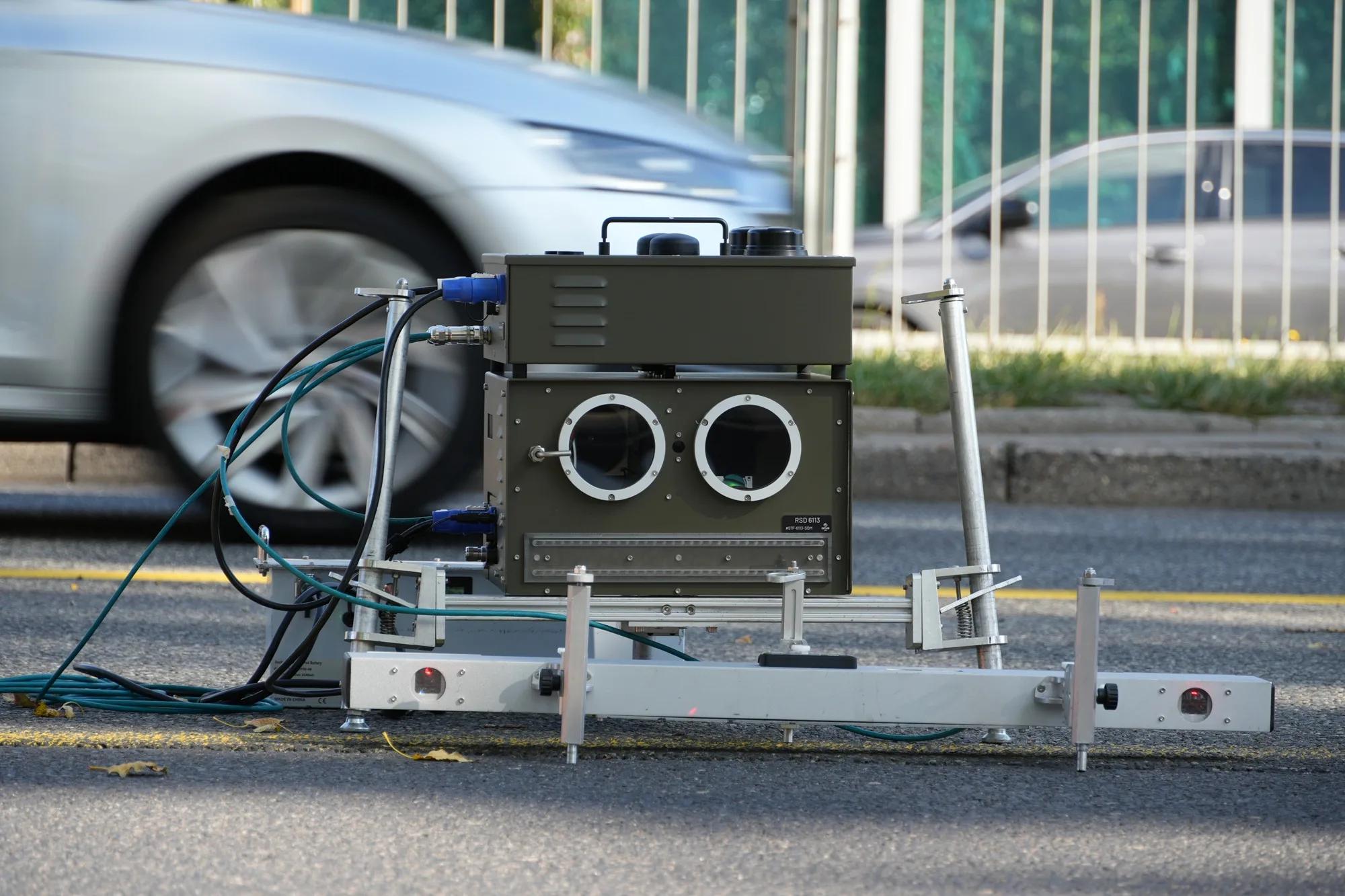Brussels restores original LEZ plans, supported by TRUE Initiative research

The city of Brussels has restored its original low-emission zone (LEZ) progress plan to address dangerous air quality and climate impacts, following a legal challenge by regional air quality advocates, supported by TRUE Initiative research.
Following a ruling by the Belgian Constitutional Court, the original phases of the Brussels-Capital Region’s LEZ will now be restored. The next phase, which was set to begin on January 1 of this year, will ban Euro 5 diesel vehicles and Euro 2 petrol vehicles from entering the zone. The legal case that challenged the delay, brought forth by four advocacy organizations, argued that postponing these stricter enforcements would cause irreparable harm to public health, particularly for children.
The estimated net impact of the capital region’s LEZ was supported by the TRUE Initiative’s real-world remote sensing campaign in partnership with Brussels Environment, which collected more than 130,000 unique measurements across the region in 2020. Findings from a further analysis highlighted that Euro 5 diesel vehicles (2010-2015), those set to be banned at the beginning of this year, were responsible for the greatest shares of NOx emissions. At the time, Brussels’ nitrogen dioxide concentration levels made it one of the most polluted cities in Europe, with air pollution estimated to cause around 900 premature deaths annually.
The Brussels LEZ was proven to improve air quality and reduce vehicle pollution since it went into effect in 2018. A 2022 study conducted by Brussels Environment showed that the LEZ contributed to notable reductions in NOx (31%), black carbon (62%), and particulate matter 2.5 (30%) emissions throughout those four years.
Delays to the expansion of the LEZ were opposed by TRUE when the proposals were first announced. Our study from earlier this year showed that LEZ progress is essential to achieve greenhouse gas emission reduction goals in the region and warns against further delaying implementation phases.
“It is heartening to see the Brussels low-emission zone get back on track,” said Sheila Watson, deputy director of the FIA Foundation, a TRUE partner. “This means a healthier and greener city for everyone. It is great that TRUE data and analysis have supported part of the case for recommitting to effective air quality policies.”
This case in Brussels shows once again how real-world data can provide the evidence needed to support not only city policymakers, but citizens themselves, to remove dirty vehicles from the road and improve the air quality of their urban homes.



